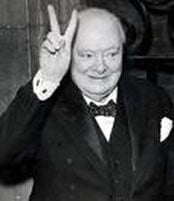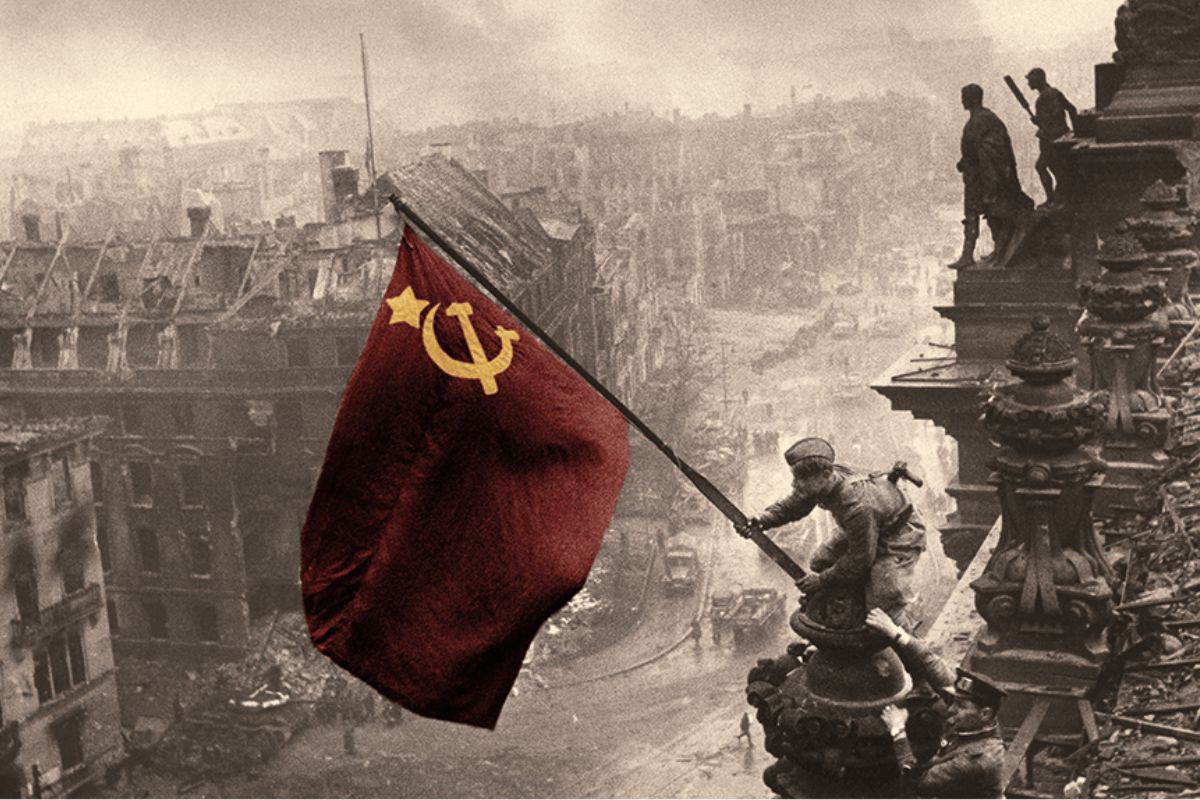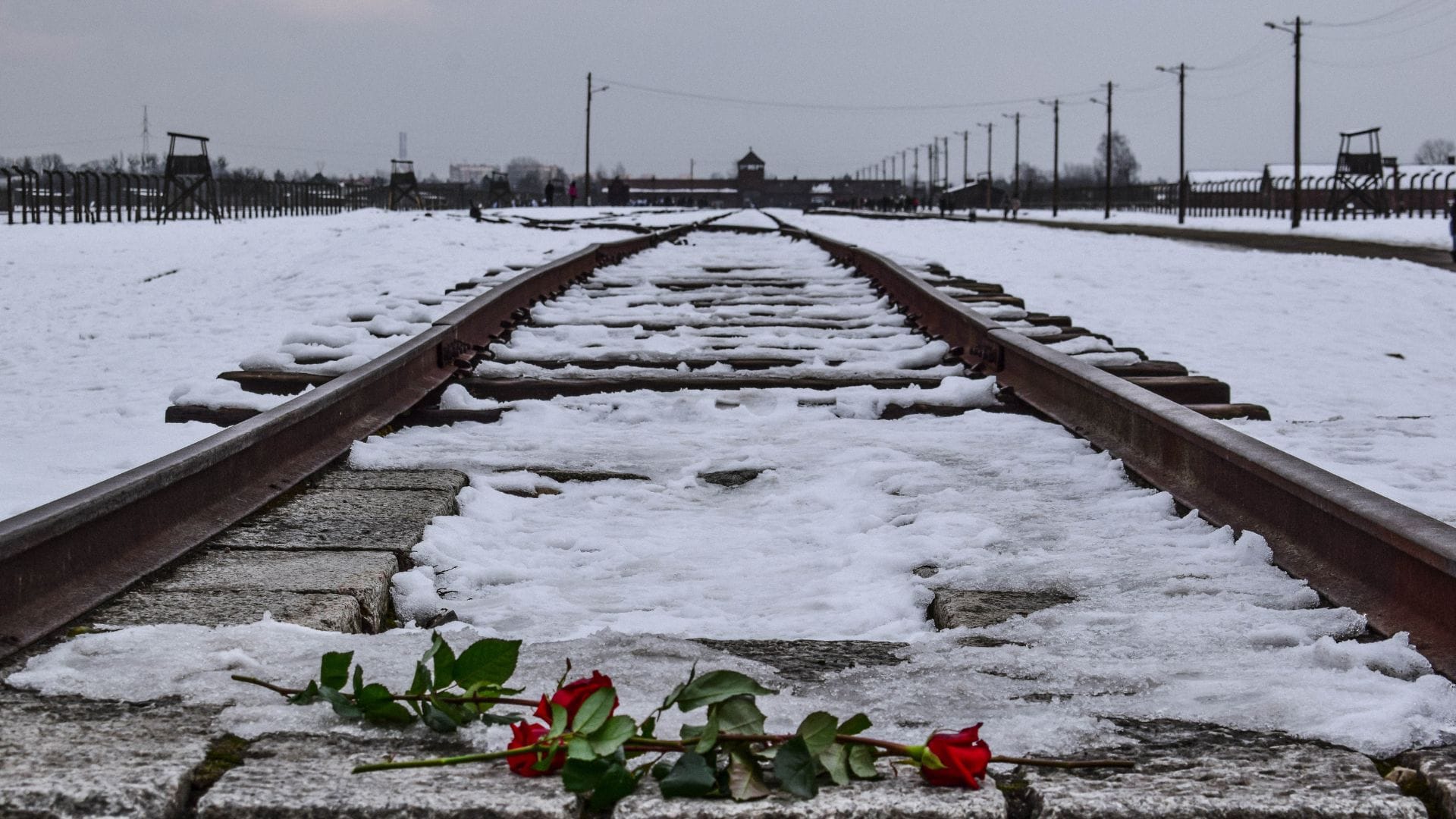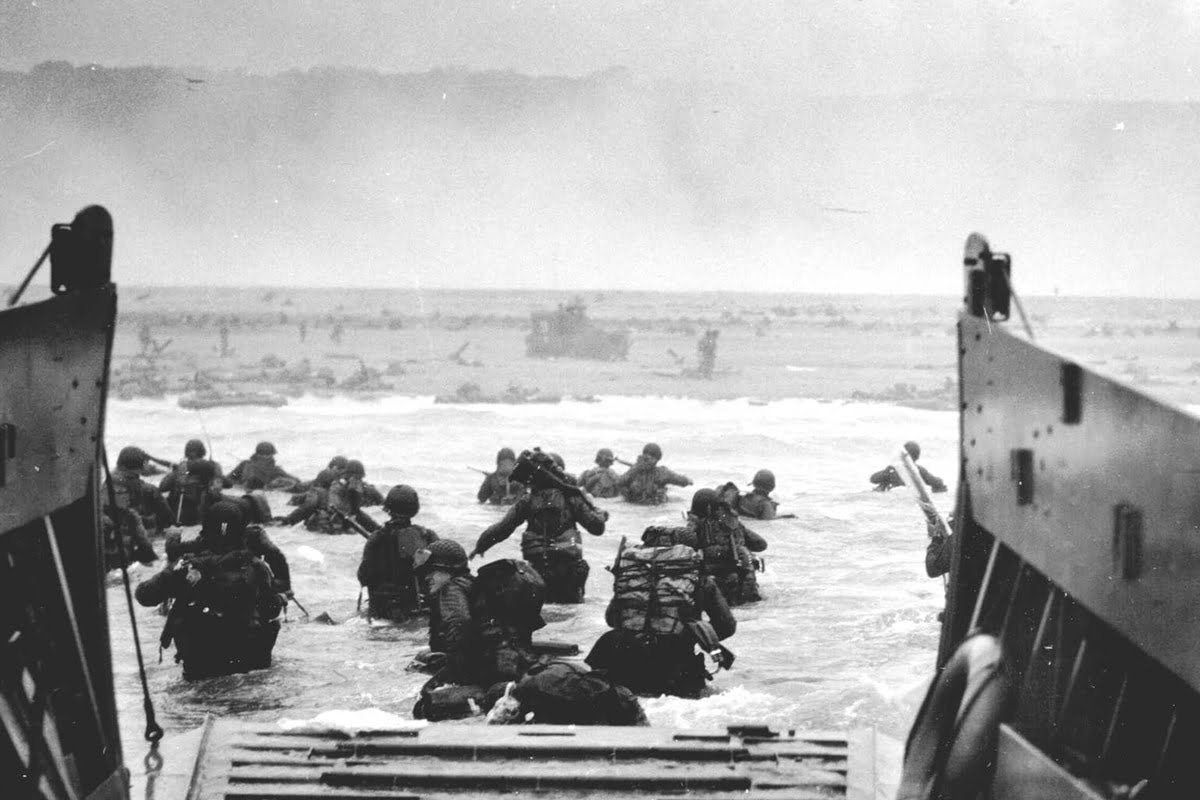‘Oh this
delicious war!’
‘Winston
dashed into the (cabinet) room radiant, his face bright…he was really a happy
man. I wondered if this was the state of mind to be in at the opening of such a
terrible war as this.’ Herbert Asquith
‘Oh this
delicious war!’ joyously exclaimed Winston Churchill, though historians will
argue that he was not a war lover. Let them try to explain the following:
‘Everything tends towards catastrophe and collapse. I am interested, geared
up and happy. Is it not horrible to be made like this?’ Thus did the
so called ‘great man’ condemn himself with his own words in a letter to his
wife on the approach of WWI. He was also recorded as saying: ‘I think a
curse should rest on me, because I love this war. I know it’s smashing and
shattering the lives of thousands every moment – and yet I can’t help it – I
enjoy every second of it.’
The best his admirers can come up with when faced with such well
documented evidence, and there is a lot more of it, is: ‘Well, he didn’t love
war for its own sake.’ Pathetic, hair-splitting nonsense! Of course he didn’t
love war for its own sake – he loved it for his own sake! For him the
way through the blood-soaked, corpse-strewn battlefields of Europe was his path
to personal glory, the chance to be another Marlborough and write his name indelibly
on the pages of world history. It meant nothing to him that millions would
perish on the muddy, bloody fields of battle before they had even past their
teens, it mattered little that all over the continent of Europe the land would
be filled with grieving widows, bereaved parents and orphaned children, all of
whose hearts would be forever heavy with grief as a consequence of the
relentless slaughter that was about to be unleashed. What did all that matter
compared to the greater glorification of the name of Winston Churchill?
This was the warped and repulsive thinking of a man
who was driven by obsessive, all-consuming egotism. This egomania derives from
the unshakeable
belief
that he was born superior to all others and had a divine right to lord it
over the riff-raff who made up most of society. Early in October Prime Minister
Herbert Asquith received an astonishing telegram from Churchill offering to
resign his position and take command of the army being sent to Belgium’s
assistance.How big of him – this ex-lieutenant who only managed to qualify for
Sandhurst on his third attempt was going to hand out orders to generals,
colonels and other officers who had reached their ranks on personal merit!
Well, at least in those grim times it gave his fellow cabinet ministers
something to laugh at.
Churchill’s problem was that the correct British naval strategy was obvious but
boring: keep the German navy bottled up in its ports, blockading Germany and
preventing it from trading abroad. An important task, but hardly one which
would win him the fame and acclaim he hungered for. Very well! If he couldn’t
have an army to play with he would just have to do something spectacular with
the navy; he would make his name one way or the other. And so he did, but not
quite as he intended.
The Dardanelles
‘It is the
nemesis of the man who had fought for this war for years. When war came he saw
in it the chance of glory for himself, and he accordingly entered on a risky
campaign without caring a straw for the misery and hardship it would bring to
thousands, in the hope that he would prove to be the outstanding man of this
war.’ Lloyd
George
Frederick the Great once said that if you are obliged
to draw the sword in defence of the state you must see that the enemy is struck
by both thunder and lightning at the same time. In other words, combined
operations are essential to success. Every armchair general that ever pushed a
model soldier along a wargaming table was aware of this fundamental truth. But
to our self-deluded master of modern warfare the rules of war did not apply; he
was too impatient to demonstrate his military and naval genius. He pushed for
the Dardanelles campaign, a campaign which was extremely inadvisable in the
first place, but one which should have involved both army and navy (the air
force was only in its infancy at the time) if it was to be carried out at all.
But Churchill wouldn’t wait till sufficient troops were available; he gave the
go ahead for the disastrous naval attack which took place on March 18th,
1915. As a result three Royal Navy ships were sunk with the loss of 700 lives,
and four others were put out of action.
This abortive operation also alerted the Turks to the danger of further
attacks, so on April 25th when a second attempt took place, this
time involving 400,000 troops, they were ready and waiting. As a result allied
losses amounted to 252,000. So the navy took a hammering, all those lives were
lost, and troops who would have been better deployed on the Western front were
diverted and slaughtered. All because an egomaniac wanted to build himself a
reputation as a genius in the art of war.
His apologists will tell you this was not Churchill’s fault. So whose fault was
it? Who was so determined to carry out this half-baked plan of attack? Who
foolishly decided to start the campaign without troops? Who was in over all
command? Churchill! But it wasn’t his fault? Incredible!
At this time the Liberal Government decided to form a coalition with the
Tories. A combination of this and the Dardanelles fiasco meant that Churchill,
who had angered the Tories when he deserted them in 1904, was to be sacked from
his post as First Lord of the Admiralty. He was desperate to hold on to his
position: he fought, he begged, he pleaded, but in the end he went. He was
further humiliated by being given the post of Chancellor to the Duchy of
Lancaster, a job described by Lloyd George as being reserved for those ‘…who
had just reached the first stages of unmistakeable decrepitude.’
To add to his humiliation
Asquith excluded him from his newly formed, streamlined War Committee; this was
the final insult. He made his resignation speech to the House of Commons on
November 15th, 1915, and on the 18th he crossed to France
and reported for military duty. Commander of the British Expeditionary Force
Sir John French made him the astonishing promise that he would soon be given
command of an infantry brigade: so the ex-lieutenant of the 4thth. It’s just as well this battalion, the Royal Scots
Fusiliers, saw relatively little action while he was in command as he spent
much of his time going back and forth to London and indulging in political
intrigue.
Hussars was to become a Brigadier general thanks to the patronage of another
ex-cavalry officer. This would probably have been the most rapid promotion in
military history since the days when the aristocracy could buy themselves
commissions. However, the War Office, in an uncharacteristic attack of common
sense, refused to allow such an idiotic promotion (Churchill actually wanted to
be Commander-in-Chief in East Africa). Instead, much to his disgust, he was
‘only’ given command of an infantry battalion which was sent to Belgium on
January 16
Here is what Gordon Corrigan, in his excellent book on
the subject, said of Churchill’s short spell in the army: ‘To appoint an
inexperienced outsider to command of a battalion, and then to allow him to
bring in a chum who was not even an infantryman as his second-in-command, was
nothing short of disgraceful. It … exposed the soldiers to the whims of
a military dilettante’.
But life in the trenches was somewhat less comfortable
than life on the benches. His heroic gesture in volunteering for military
service was just for show. He knew that even with his connections he wasn’t
going to get be a Field Marshall, so in May, 1916, he was allowed to leave the
army provided he promised not to attempt to rejoin again. What a pity the
ordinary soldiers couldn’t have the same option: if they could there would be
considerably fewer war graves in France and in Flanders’ fields.
Back in London and eager to tread the corridors of
power again, he intrigued with Lloyd George and others to force Asquith to
resign. This was for the ‘good of the country’ of course, not to mention for
the good of Churchill himself, for surely once his erstwhile colleague Lloyd
George took over as Prime Minister he would be granted high office
himself. Not so. When Lloyd George did succeed Asquith as P.M. in December he
refused to antagonize other members of his coalition government by including
Churchill in the cabinet. Despite all his Machiavellian manoeuvres he was left
seething with anger and frustration as once more he was given the cold
shoulder.
However, Lloyd George did acknowledge that Churchill
had been a staunch ally during the earlier years of their on-off political
partnership and in July 1917 he felt in a strong enough position to offer him
the post of Minister of Munitions. Churchill accepted despite the fact that he
was not to be included in the War Cabinet.
The
Bolsheviks
‘This
movement among the Jews is not new. It is part of a world-wide conspiracy for
the overthrow of civilization and for the reconstitution of society on the
basis of arrested development, envious malevolence, and impossible equality.’ Churchill
The reader
could be forgiven for thinking the above quotation was taken from some
anti-Semitic, anti-Bolshevik, demented Hitlerian rant. It is in fact taken from
a newspaper article printed in 1920 in which Churchill attacked the ‘sinister
confederacy of international Jewry’ and was aimed particularly at Marx,
Trotsky, and Rosa Luxemburg.
With the war over and Lloyd George’s coalition government re-elected, Churchill
was given the post of Secretary of State for War and Air. ‘What’s the point of
being Secretary for War if there isn’t any war?’ he complained to Bonar Law,
who replied ‘If we thought there was going to be a war you wouldn’t have got
the job.’
The vindictive, draconian terms of the Treaty of Versailles was humiliating to
Germany, resulting in gross devaluation of its currency, mass unemployment,
misery and festering resentment and unrest. It paved the way for yet another
terrible war and made possible the rise of Adolf Hitler. But meanwhile
Churchill’s attention was focused elsewhere; his warmongering instincts were
being fuelled by his implacable hatred of Russia’s Bolsheviks.
There were British troops in Russia before Churchill became Secretary for War.
They were there mainly to protect the military supplies sent by Britain to aid
Russia in its war against Germany, and they did play an auxiliary role in
helping the white Russians. This was because they hoped that the
counter-revolutionaries would smash the Russian Revolution, reconstitute the
Russian army then resume the war with Germany, thus tying down a lot of
Germany’s forces on the Eastern front. Considering the fact that the Russian
people had already suffered enough, Russia’s dead, wounded and maimed exceeding
the combined losses of all the Western Allies, it should have been obvious that
the Russian people would take no further part in the war with Germany. To
expect the Russian workers and peasants to rally round the ‘White Russians’ and
submit themselves to the same bloody slaughter they had just experienced
under the Tsarist regime was incredibly stupid.
When the war ended the war weary people of Britain
were sick and tired of fighting and wanted nothing more than to bring the
soldiers home; there was no good reason to keep the interventionist forces in
Russia. But Churchill had not lost his enthusiasm for war. He had already
attempted, in April 1918, to trick the Bolsheviks into continuing the war with
Germany by offering them an agreement that would ‘safeguard the fruits of the
revolution’ in exchange for their continued participation. But Lenin and
Trotsky were not so naïve as to trust him; they had already signed the
Brest-Litovsk treaty with Germany.
Thereafter he endeavoured with all his manic energy to
bring about the destruction of the Bolshevik government. He tried
unsuccessfully to persuade Woodrow Wilson and Lloyd George to sanction full-scale
military operations against the Bolsheviks. The best policy he could extract
from them was an agreement to provide auxiliary help to the Whites, such as
supplying arms and military equipment, food, money, and officers and men for
training purposes. But Churchill wasn’t going to settle for even that blatantly
unethical level of interference in another country’s affairs. There were
already military contingents from many other countries including Italy, Japan,
USA and France in Russia trying to bring down Bolshevism. He urged them to
mount full scale military operations alongside the ‘white’ armies to destroy
the revolutionaries. Lloyd George said of him: ‘…a dangerous man who had
Bolshevism on the brain. He saw himself riding into Moscow on a white charger
in a triumphal procession after the defeat of the Bolsheviks, and being
proclaimed as the saviour of Russia.’
It is not surprising that most of the British officers
were against Bolshevism and therefore happy to co-operate with Churchill as he
contrived to play a greater part in crushing the Russian Revolution. When he
appealed for volunteers to go to Northern Russia to ‘help in the British army’s
withdrawal from Archangel’ he got some 5,000 volunteers who naively believed
they were going there to rescue their countrymen from a desperate situation,
only to find that they were there to fight for the White Russians in an
undeclared war. He lied constantly to the British public, slandering the
Bolsheviks with every possible insult he could think of, and greatly
exaggerating any atrocities committed by some undisciplined Red Army soldiers
while ignoring the rape, plunder, torture and murder of innocent civilians,
along with the systematic wholesale slaughter of defenceless Jewish communities
carried out continuously by his ‘heroic’ white Russians. Even the most
high-ranking British officers became sickened by the Whites and there were
several mutinous incidents in the ranks of the British forces who no longer
wished to participate in this hypocritical and undeclared war.
With the help of British, French and American troops
and expert Canadian gunners, with the British planes dropping mustard gas on
the Red Army while it was being pounded by British warships, the overjoyed
Churchill was confident that the offensive by General Yudenitch in October 1919
was going to be a success. When he heard that the White Army was only 25 miles
from Petrograd he sent Yudenitch a personal telegram congratulating him and
promising the speedy delivery of more military equipment and arms. But there
was another man involved in this struggle who was even more driven and
determined than Churchill, and just as Churchill was determined that Bolshevism
must die, he was determined that it must live. He was the Commissar for
Military Affairs, and his name was Leon Trotsky.
The Bolsheviks blew up a railway bridge, bringing to a
halt the advance of British tanks with Yudenitch’s forces only ten miles from
Petrograd when Trotsky arrived and took command, personally leading fleeing
soldiers back to the front. Clear and decisive with his orders, restoring
discipline and sparing neither himself nor anyone else, he was unwavering in
his determination to turn the situation around. And turn it he did – with a
vengeance! The Red Army counter-attack drove the whites back in shambolic
retreat through Gatchina, through Gdov, through Yamburg until its battered
remnants fled to safety across the Estonian border. It was only Lenin’s
restraining order that prevented Trotsky from pursuing the whites into Estonia
and totally annihilating them. In Trotsky Churchill had found his nemesis:
wherever the revolution was most threatened you would find Trotsky. With the
Red army being attacked on many fronts he had to be everywhere, rushing from
front to front in his train along with his staff and bodyguard. He would
consult with everyone including the ordinary soldiers, factory workers and
trade unions, galvanising all who could help and ensuring his soldiers they
would get the best supplies, food rations and other support that was available.
It is to Trotsky that the credit must go for the Red Army’s success in finally
defeating the whites and the armies of intervention, a feat that earned him the
life-long hatred of Winston Churchill.
In his rather stupid book Great Contemporaries in
1937 Churchill poured out his puerile invective, throwing every conceivable
insult at Trotsky, then concluding with the question ‘Who was Trotsky? He
was a Jew. He was still a Jew, nothing could get over that.’ In his
otherwise excellent book Churchill’s Crusade the author Clifford Kinvig
states that Churchill was not anti-Semitic. Perhaps he should think again.
General Briggs later assessed the outcome of the
intervention as follows: ‘…our ill-staged interference in the Russian civil
war cost us some thousands of British soldiers’ lives and £100,000,000 in
money, while we earned the bitter enmity of the Russian people for a decade…On
the credit side I can think of nothing.’
The unknown thousands of Bolshevik and White Army
soldiers who died, along with the civilians who were ruthlessly butchered as a
result of this vile intervention must also be considered. All the tragedy and
misery caused by this undeclared and unjustified war, just because of one man’s
implacable hatred of Bolshevism and his craving to make a name for himself.






